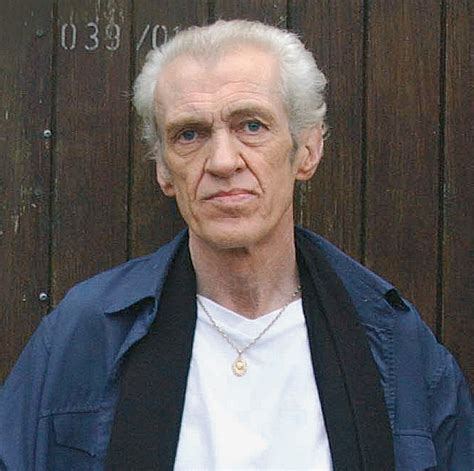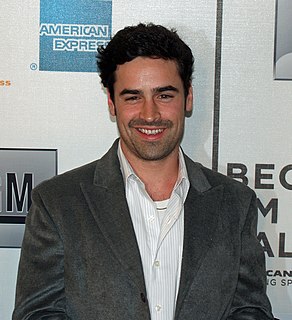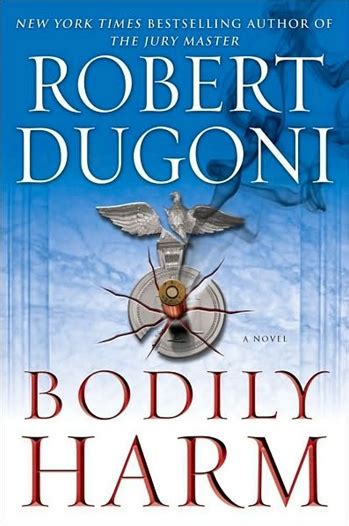A Quote by Daniel Kehlmann
When you translate the American writers who are best with dialogue into German - someone like Elmore Leonard, or Tom Wolfe, who's also quite good with dialogue. It's very hard to translate them well.
Related Quotes
["Fear & Loathing in Las Vegas"] is a very hard book to translate to film because there's so much interior monologue. The what if factor. I tried to write it cinematically and let the dialogue carry it but I forgot about the interior monologue. It's kind of hard to show what's going on in the head. I think we should do it like a documentary.
Reading aloud sounds like a good idea, but honestly, it doesn't work very well. Good dialogue in a book doesn't actually bear much resemblance to real-life dialogue. For example, if you've ever seen a word-for-word transcript of people talking, it doesn't read off the page very well. The trick is to make it *seem* like it's being spoken, not to make it speakable.
Clifford paints true-to-life characters with the same gritty touch as the best of Dennis Lehane. Straightforward and edgy, Lamentation gnaws with nail-biting tension on every page. A must-read for contemporary hardboiled mystery fans who appreciate the type of terse dialogue and real life conflicts and settings Elmore Leonard so richly brought to life.
On the whole, dialogue is the most difficult thing, without any doubt. It's very difficult, unfortunately. You have to detach yourself from the notion of a lifelike quality. You see, actually lifelike, tape-recorded dialogue like this has very little to do with good novel dialogue. It's a matter of getting that awful tyranny of mimesis out of your mind, which is difficult.
Taking a comic strip character is very hard to write. Because comics are meant to work in one page, to work in frames with minimalistic dialogue. And a lot of it is left to the imagination of the reader. To do that in film, you've got to be a little more explanatory. And that requires a good screenplay and good dialogue.







































